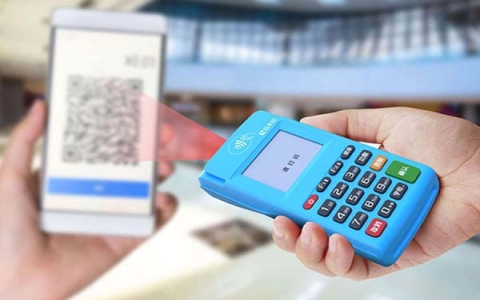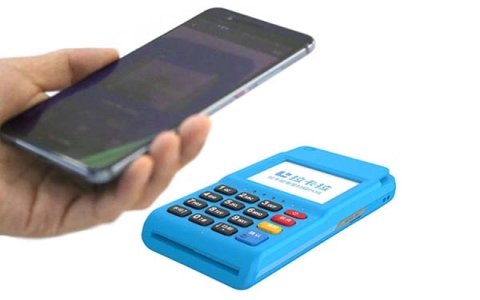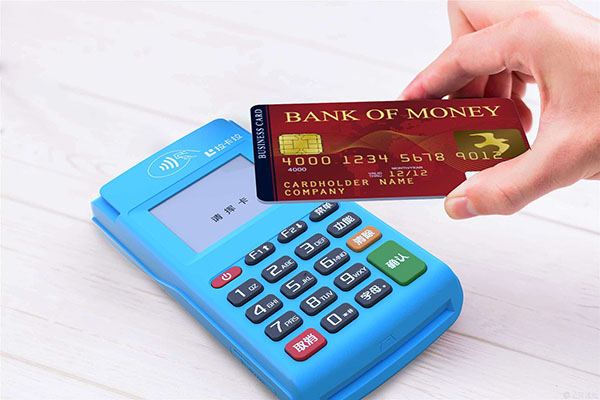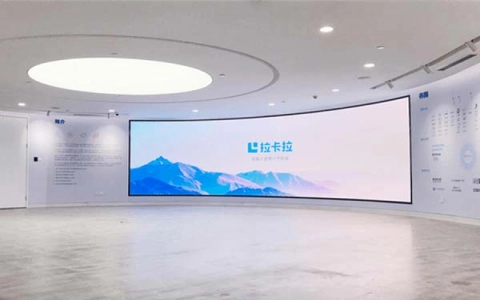1、POS机的申请与申请
POS机使用的前提就是POS机的申请与申请。客户可以通过中国银行官方网站上的在线POS机申请页面,进行线上申请。同时,客户也可以选择到指定的中国银行网点进行人工申请,这样可以更好地了解POS机的使用问题,同时也方便对相关问题进行咨询。在提交申请后,中国银行会对客户所提交的资料进行审查,如资料审核通过,中国银行将邮寄POS机到客户所指定的地址上。客户收到POS机后,可以到中国银行网点进行POS机的开通工作,开通之后就可以正常使用了。
在申请POS机之前,客户需要注意,假如开通POS机需要与中国银行签订相关协议,协议内容需详细了解。针对于不同类型的商户,需要开通不同的POS机,因此,在进行POS机申请时,需要在选择POS机型号这一步骤上,仔细地选择商户所需的POS机型号。同时,POS机申请也需要缴纳一定的保证金,这样可以保证客户认真使用POS机,同样是中国银行对POS机使用的质量控制之一、
在使用中,由于POS机具有网络连接功能,因此客户需要注重其网络的安全性。在使用自己的网络环境时,需要保证其网络安全措施的有效性,在不安全网络环境下,可以考虑使用POS机内置的GPRS网络连接功能,这样可以确保POS机数据的安全,避免因网络环境不安全而造成的数据泄露等问题。
2、POS机使用费率
在申请和申请好POS机后,商户需要支付一定的POS机使用费用。一般而言,各家银行的POS机使用费用不尽相同,说明也不够详细。而中国银行对POS机使用费用的说明相当详细,按照付款方式的不同,收取的POS机使用费也有所不同。
对于前台当面付款的销售业务,其费率约为0.6%—0.8%,对于非常规业务,如预授权、营销活动等,会根据详细问题另行收取费用。
对于电话和网上商家使用的远程POS机业务,客户需要支付一定的月租费用和使用费用,月均交易量越大,月租费用相应地就会降低。详细的月租费用和使用费用可以请相关客户经理详细说明。
3、POS机使用细则
在使用POS机时,商户也需要遵守中国银行的相关使用细则,这些规定是为了保障客户使用的权益和确保银行受理的质量。
首先,在POS机使用中需要确保POS机处于安全环境下,保护POS机机身和密码输入板功能键,避免受到恶意攻击。
其次,在进行POS机交易时,商户需要提前准备好所有的交易资料,避免因忘记相关信息而造成交易失误。同时,在进行交易时也需要格外注意相关信息的准确性,避免因误操作而造成交易失败或资金损失。
此外,鉴于POS机使用的特殊性和风险性,商户需要对其进行保养和固定等工作。除定时进行机身清洁外,商户还需要对POS机地方进行固定,避免它在使用中产生不必要的晃动等问题。
4、POS机售后服务
中国银行在POS机的销售服务和售后服务上也十分重视,提供了多种形式的服务手段,以保证POS机的正常使用。
首先,银行会为所有的客户提供专业的POS技术支持,遇到任何使用问题都可以随时进行咨询解答。此外,在高峰期或使用过程中出现设备故障时,商户可以通过电话、邮件等渠道便捷地与客户经理或服务中心联系,及时解决问题。
在故障不能远程解决的问题下,中国银行还可以免费为商户更换故障设备,保障商户的正常使用。同时,中国银行也为POS机设备提供了维修保养和技术升级等全方位的服务保障,不论是设备故障、固件更新等都可以得到快速的解决,降低了商户的使用风险,提高了使用体验。
本文从四个角度阐述了中国银行POS机申请申请及费率使用说明。希望商户们在使用POS机时可以遵守银行相关规定,确保良好的交易质量,同时也为保障POS机的安全使用做出积极的贡献。
As a jor player in China’s financial system, Bank of China has a well-developed service system. One of its key features is the application and use of POS chines, which is different from other banks. This article will focus on the application and usage rate of Bank of China’s POS chines, and discuss it from four aspects in detail.
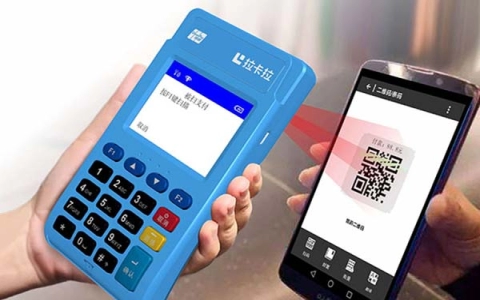
1. Application and Processing of POS Machines
The precondition for POS chine usage is the application and processing of the chine. Clients can apply online through the Bank of China POS chine application page. Clients can also choose to apply in-person at a Bank of China branch, which can help them better understand the usage of POS chines and ask questions about relevant issues. After providing relevant infortion, Bank of China reviews and approves the application. If an application is approved, the POS chine will be iled to the specified address provided by the client. After receiving the chine, clients can then activate it at a Bank of China branch and use it as a functional POS chine.
In the application process of POS chines, clients should pay attention to the agreement they have to sign with Bank of China. It is important to read the agreement carefully and fully understand its contents. Different merchants need different POS chines. Therefore, when applying for POS chines, they need to choose the model that the merchant needs carefully. Clients will also need to pay a certain dePOSit when applying for a POS chine. This is done to ensure the client is fully engaged with the POS chine, preventing misuse or neglect.
During usage, it is important to focus on the network security of the POS chine, as it can connect to the network. When using a personal network environment, it is essential to ensure the network security measures are effective. In an unsafe network environment, customers can consider using the GPRS network connection feature built into the POS chine to ensure data security and prevent the risk of data leage.
2. POS Machine Usage Rate
After applying for a POS chine, merchants need to pay certain fees for using it. Typically, the usage fees of different banks for POS chines are different and have less detailed explanations. However, the Bank of China offers a detailed explanation of the usage fees collected depending on the payment methods used.
For sales transactions where payment is de face-to-face, the rate is about 0.6% to 0.8%. For non-routine transactions, such as pre-authorizations and rketing activities, fees will be charged based on different conditions.
For businesses that use remote POS chines by phone or online, clients need to pay a certain monthly rent and usage fee. The more transactions that are de monthly, the lower the monthly rent will be. The specific monthly rent and usage fees can be explained in detail by relevant customer service nagers.
3. Detailed Rules for POS Machine Use
Merchants also need to comply with the rules for using POS chines to ensure that they have the right to use and that the bank has a quality guarantee of the service provided.
First of all, when using the POS chine, it is important to ensure that the chine is in a safe environment, protecting the POS chine’s housing and password input board function keys, and preventing them from licious attacks.
Secondly, when conducting POS transactions, the merchant must prepare all transaction-related infortion in advance to ensure that there are no problems that arise due to forgetting relevant infortion. In addition, merchants also need to pay attention to the accuracy of related infortion during the transaction to avoid transaction failure or financial loss due to misuse.
Lastly, due to the unique and risky aspects of POS chine usage, merchants need to intain and fix the POS chine. In addition to keeping the chine clean and wiping it down regularly, remember to fix the POS chine in place to avoid shaking during use.
4. After-sales Service for POS Machines
The Bank of China also attaches great importance to the sales and after-sales service of POS chines, providing various forms of service to ensure their norl use.
Firstly, the bank provides professional POS technical support for all clients. Whenever there is any problem, clients can ask customer service for help and receive timely answers. In addition, clients can contact the customer nager or service center by phone, eil or other channels any time, even during peak periods or when there is device failure.
When the problem cannot be solved remotely, the Bank of China can replace the faulty device for free, ensuring that merchants can use the POS chine norlly. Additionally, the Bank of China provides intenance and technical upgrade services for POS chines, providing a comprehensive service guarantee. Whether it is a device failure or firmware update, it can be resolved quickly, reducing the risk of use for merchants and improving the usage experience.
To conclude, this article discusses the application and usage rate of Bank of China’s POS chines from four angles. It is necessary for merchants to follow the relevant regulations to ensure good transaction quality and ke a POSitive contribution to the POS chine’s secure usage.







